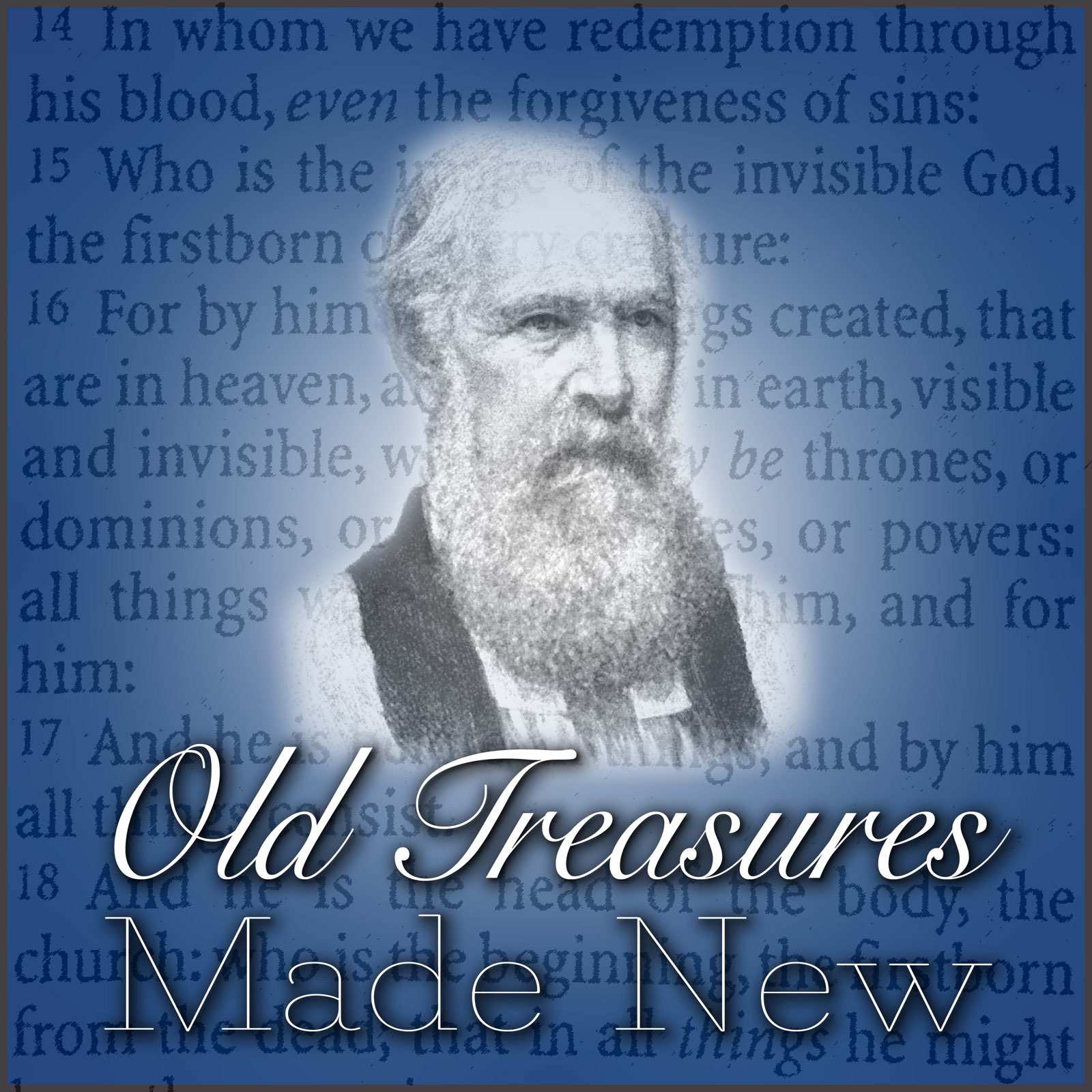Episode 304
Luke 22:54-62
Luke 22:54-62
- The story of Peter's fall teaches us how small and gradual are the steps by which men may go down into great sins.
- The story of Peter's fall teaches us how very far a true believer may backslide.
- The story of Peter's fall teaches us the infinite mercy of our Lord Jesus Christ.
- The story of Peter's fall teaches us how bitter sin is to believers when they have fallen into it and discovered their fall.
"The profession Christian who begins to say of any sin or evil habit, "It is but a little one," is in imminent danger. He is sowing seeds in his heart which will one day spring up and bear bitter fruit."
"The best and highest believer is a poor weak creature even at his best times...when we read the falls of Noah, Lot, and Peter, we only read what might possibly befall any of us."
"The love of Christ toward His people is a deep well which has no bottom. Let us never measure it by comparison with any kind of human love. It exceeds all other love as far as the sunlight exceeds the candlelight."
"Sorrow like this, let us always remember, is an inseparable companion of true repentance."
Questions:
- Ryle identifies 5 steps in Peter's fall: first was proud self-confidence, second was slothful neglect of prayer, third was vacillating indecision, fourth was mingling with bad company, and lastly was the natural consequences of the previous four. Are there areas in our lives in which we are compromising our faith? Have we said of a sin that clings so closely, "this is just a little one?"
- Ryle points out that even the best Christian is a weak creature even at his best times, and that we carry within us boundless capacity for wickedness. Do we see ourselves like this? Does this cause us to watch and pray?
- Ryle highlights that the love of Christ toward His people is a deep well which has no bottom, and that we must not be afraid to trust that love when we first feel our sins, nor afraid to go on trusting it after we have once believed. Is this true for us, by God's grace?
- Ryle notes that falling into sin must be met with sorrow for sin if one is to turn back to God. Is this true in our lives? Do we have a growing hatred for sin, and a turning away from it?


